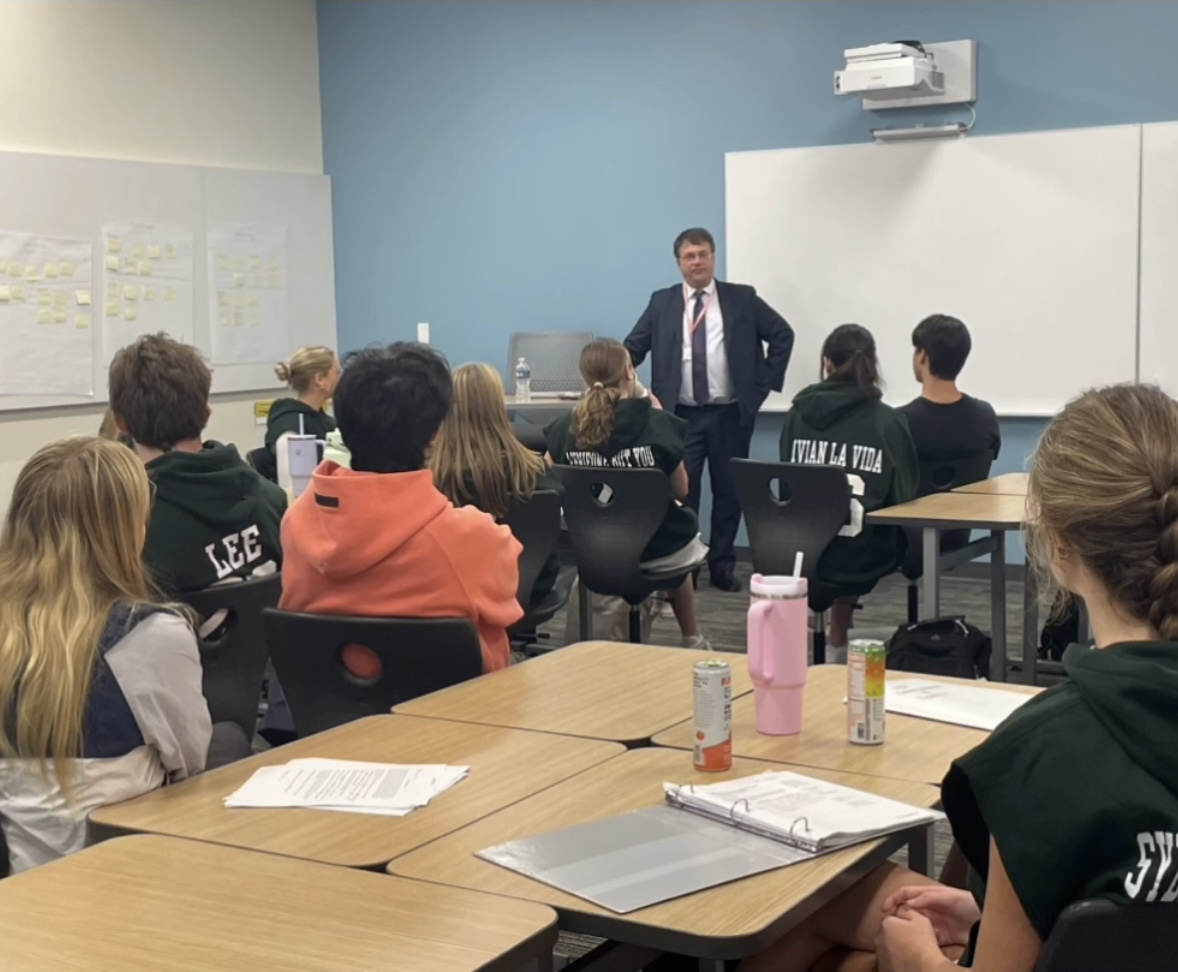Hate crimes are inherently political, but so are we
Thursday: a white man walks into a Kroger grocery store and shoots two black Kentucky citizens. After footage circulates of the man trying to break into a nearby black church moments before, authorities dispel any doubt that the act was a hate crime.
Friday: a man is arrested in Florida for mailing pipe bombs to democratic politicians, journalists, and Trump critics across the country.
Saturday: a gunman bursts into the Tree of Life Synagogue in Pittsburgh and fires on families during the Jewish Sabbath, killing 11 people and wounding six more, including four police officers. “Jews must die,” he allegedly shouted.
Crime in general has reached historic lows across the United States, but by other various indexes, crimes of hate appear to be on the rise. According to the Anti-Defamation League, over the past two years, anti-Semitic attacks have more than doubled—and the attack on Saturday was the deadliest against Jews in American history.
Alongside anti-Semitism, anti-black hatred appears to be rising. It has been expressed recently not only in incidents where white Americans have harassed black Americans for gardening, coming home, swimming, working or campaigning for public office, but in deadly attacks like the one last Thursday.
In the aftermath of hate-driven violence, salvaging any meaning from the wreckage can been excruciatingly difficult. But what has been the most confusing are the pervasive claims that politics has nothing to do with any of it, most specifically that the Tree of Life shooting is not a politically motivated act of violence.
While I see validity in questioning the extent to which toxic political climates can influence a man to pick up a gun and murder people, insisting that these cases of hateful violence have no relation to politics is negligent of the role that our political climate and politicians have played in exacerbating divisions and emboldening these acts.
No, it is not rational to just blame President Trump by any means. The suspects in Pittsburgh, Florida, and Kentucky are responsible for their own actions, but if we ignore the factors that enable violence, we’re inhibiting ourselves from preventing violence in the future.
Even more important than this, isolating hate from politics downplays the role that political change in our country can play in addressing the factors that spiraled into the events of last week such as changes in gun laws, stronger stances against hatred and bigotry from our political leaders, and cultivating a less divisive political environment.
More Democrats and Republicans than ever before see the other party as a threat to the well-being of the nation. This growing notion is especially dangerous because it rationalizes extremism; when people lose faith in their government and the political system, they resort to other means.
No matter how disenchanted with politics we feel, it is evidence that we need to keep placing our energy into thoughtful, responsible political discourse and continue placing our faith in political participation. It’s why chants of “vote, vote, vote” erupted during the Tree of Life vigil. And it’s why many are focusing their feelings into the imminent midterm elections.
These hate crimes are inextricably tethered to politics, but as long as we stay politically engaged, we uphold the hope that they can be prevented in the future.






































